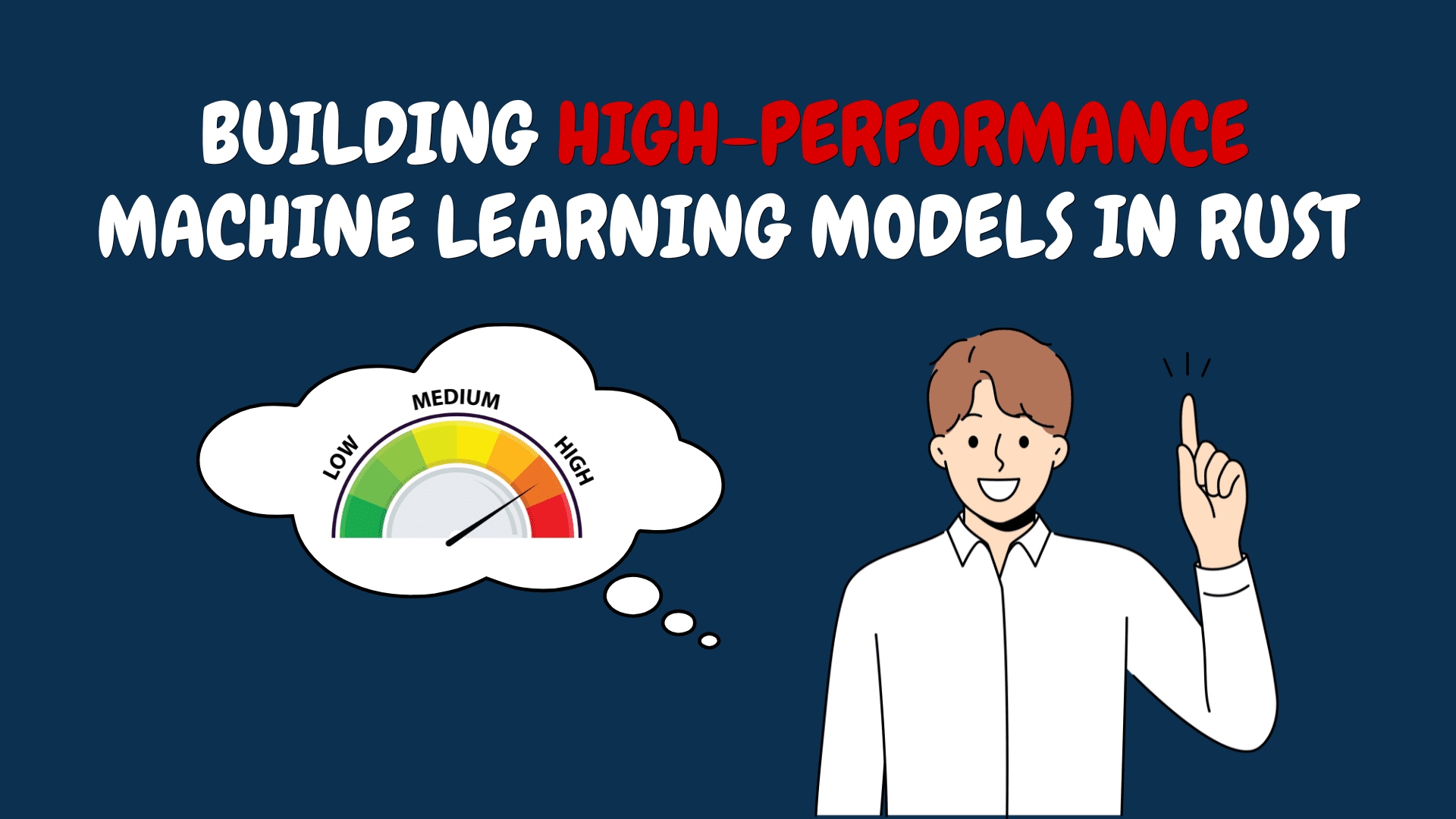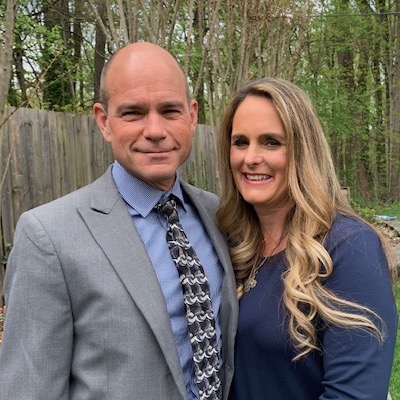Y Combinator's Spring 2025 application deadline is approaching. Here's what the startup accelerator is looking for in AI ideas — from AI agents to data centers.
Y Combinator's Spring 2025 batch is open for applications, targeting AI agents, AI infrastructure, and security enhancements
Y Combinator
- The storied startup accelerator Y Combinator is seeking applications for its Spring 2025 batch.
- YC shared in a recent "Requests for Startups" that it's looking for various AI-related ideas.
- From AI agents to a new AI app store, here's what 10 YC partners are looking for in the next batch.
The deadline to apply for Y Combinator's Spring 2025 batch is February 11 — and the program this time around is going all-in on AI applications, calling for founders with ideas on AI agents, better ways to handle GPU overload and AI-enabled security.
The famed accelerator each year hosts four batches of early-stage startups for a three-month program filled with development and mentorship. Tens of thousands of startups typically apply for a few hundred spots, and the program takes place in person in San Francisco. YC also invests $500,000 in every selected company and its alumni include Stripe, Airbnb, DoorDash, Coinbase, and Instacart.
For Spring 2025, which runs from April to June, YC partners said they're particularly interested in various new ways to harness and use artificial intelligence.
The investors — who include president and CEO Garry Tan and group partners Diana Hu and Michael Seibel — published their thoughts in the firm's latest "Requests for Startups" post, which is typically published annually. In line with the rapid pace of AI innovation, however, Spring 2025's RFS was published just three months after the previous one.
Here's what the firm is looking for.
AI Agents
Like many tech investors and leaders, YC partners believe that AI agents will play a pivotal role in shaping the next generation of startups, and one major opportunity lies in developing AI personal assistants capable of managing everyday tasks — think scheduling, email organization, and travel planning.
By automating these functions, AI-powered agents could free up time for individuals and businesses, leading to greater efficiency in both professional and personal settings.
"Software is a proven way to bring to everyone what only the rich could afford before," wrote group partner David Lieb. While typically only the wealthy can afford accountants, lawyers, personal trainers, and private tutors, new tech is set to change that, he said.
"Over the next few years, we expect AI to get good enough to do most of these jobs," Lieb said.
AI agents will also play an important role in software development, as well as in other verticals such as customer support, marketing, legal, and healthcare. By tailoring AI solutions to specific sectors, startups can deliver more effective automation and enhance decision-making processes.
AI agents could themselves become customers, said YC partner Dalton Caldwell, who sees an opportunity in a new B2A market.
"With the advent of AI and agents, it seems like it's a good idea to build software and services where agents as customers are actively supported and documented rather than an edge case," he wrote. "For example, APIs to help agents pay for hosting credits, or book travel, or engage into contracts with other parties. In the stock market, it's well understood that humans and programs are trading together, and in the future, this will only increase."
AI infrastructure
As AI grows increasingly complex, YC says startups have a big opportunity to improve test-time compute, reduce latency, and enhance model performance for real-world deployment.
"There's room to rebuild the stack here: better software at inference-layer tooling, cheaper ways to handle GPU workloads, and optimizations that let AI apps scale without bleeding money," Hu, one of the group partners, writes.
Founders with expertise in systems programming who can build foundational infrastructure to support the next generation of computing are also encouraged to apply to YC. As Caldwell put it, there's a big demand for software innovations, from optimized compilers and new programming languages to breakthroughs in operating systems and networking.
"Being able to understand and innovate on the entire software stack can be an unfair advantage to a startup founder," he said."
YC also sees opportunities in data centers and AI commercial open-source software or AICOSS.
"We need more data centers that can be built faster and at a lower cost to support the infrastructure needed for AI progress," Hu said. "Hyperscale datacenter projects take years to complete, and with the current interest and funding, we need new companies and more innovative solutions to accelerate this buildout — whether in power infrastructure, cooling, material procurement, or project management."
Caldwell added that while big tech companies like Google and Facebook have historically open-sourced some tools, they don't typically provide commercial support for businesses — which means opportunities for upstarts. Silicon Valley is currently in a frenzy over DeepSeek, a Chinese company with open source powerful AI models that compete with OpenAI's at a fraction of the cost.
"There are going to be many winners in the space of open source AI, but the launch of DeepSeek should provide ample new ground that a founder might want to cover to help businesses make use of these systems," he said.
Security
YC is also recommending that Spring 2025 applicants address document security, audit automation, and AI software distribution. Seibel, one of the group partners, is looking for an AI-powered "DocuSign 2.0."
"Everyday, complicated documents requiring e-signature create friction in people's business and personal lives," he said, adding that current solutions make it difficult to properly format documents and correct errors. He's looking to back solutions that easily create new document templates, auto-fill information, or offer a voice agent to guide their human counterpart through difficult sections.
Startups will also be of interest to YC if they can build AI-powered compliance tools that streamline risk assessments, automate reporting, and monitor regulatory adherence in real time, helping companies reduce costs and stay ahead of evolving regulations.
Seibel is also ready to see a new AI App Store that protects user data while offering developer infrastructure and tools to help users find AI apps.
"Imagine a travel AI that's great at finding flights that knows you usually travel with your nine-year-old who loves staring out the window, or an AI helper that recommends the original text an idea appeared in when you're reading essays or books," he said. "Done right, this will create more opportunity for startups and founders: their apps will be smarter with shared memory, and this will turn into a new marketplace that solves both distribution and monetization."














































































